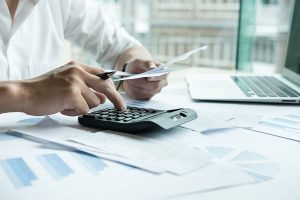Paradise Co revenue up 762.1% in August
Paradise Co has shared its financial results for August, reporting that casino revenue rocketed 762.1 per cent month-on-month to KRW59.49bn (US$51.4m).
South Korea.- The casino operator Paradise Co has reported that revenue for August was up 762.1 per cent month-on-month from KRW6.95bn (US$6.04m) to KRW59.49bn (US$51.4m). Revenue was up 244 per cent year-on-year.
The company said the rise was mainly due to an increase in table revenue in August. The previous month, the company was deeply affected by the government Covid-19 countermeasures and “Level 4” social distancing rules in the Seoul and Incheon.
Table revenue was up 1053.3 per cent when compared to the previous month, from KRW5.03bn to KRW57.49bn. The figure was also up 273.4 per cent year-on-year. Machine game revenue reached almost KRW2.0bn, up 4.2 per cent from the previous month and up 5.3 per cent when compared to the previous year.
The company saw a rise in revenue despite the temporary closure of its Paradise Casino Walkerhill in Seoul in August.
For the first eight months of the year, Paradise Co’s revenue was KRW178.95bn, down 25.6 when compared to the same period in 2020 when it reached KRW240.45bn. Between January and August, table revenue was down 26.6 per cent to KRW163.28bn.
In July, Paradise Co reported that revenue was down 56.3 per cent month-on-month from KRW15.89bn to KRW6.95bn (US$6.04m).
Paradise Co posts a net loss of KRW31.88bn in Q2
Paradise Co posted a net loss of KRW31.88bn for the second quarter. Net income stood at KRW18.91 bn (US$16.4m).
The company said it benefited from the disposal of an office building linked to its Busan casino property, which brought “one-off gains.” Casino sales fell 14 per cent year-on-year to KRW30.58bn and 19.2 per cent quarter-on-quarter, mainly due to the Covid-19 pandemic.
Aggregate sales were down 12.4 per cent quarter-on-quarter to KRW84.65bn but up 13.4 per cent when compared to 2020. Hotel services revenue jumped 79.8 per cent year-on-year and 39.1 per cent sequentially, driven by strong local demand.








